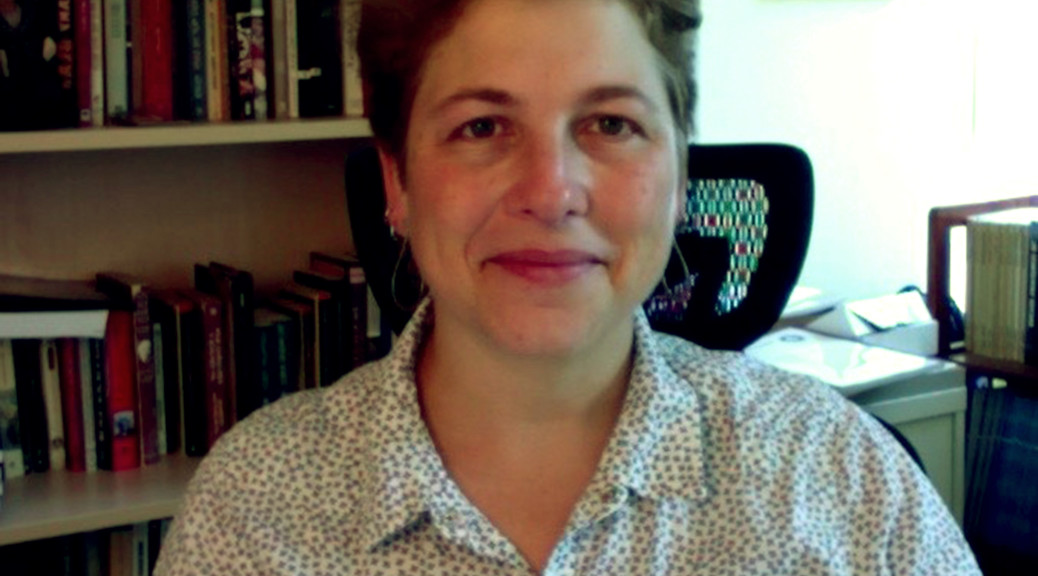SARAH CHINN
Professor of English, Hunter College
We were totally self-starting. That’s why we went to the Institute for Research on Women and Gender. I don’t remember who was the director of the institute at that point.
Q: Martha Howell.
Yes. She was great. She was great! We went to her and we said, “All we want is a space once a month, and a little bit of money for refreshments and photocopying. That’s it. We’ll do everything else ourselves.” She said, “okay.”
We’d pick topics at the beginning of the year, and then we’d have a calendar for the semester, and we’d read. Then we’d also have speakers come in. We had Douglas Crimp. It’s so amazing to me now, and I know him a little bit now, not well, but I know him a little bit. I don’t know if he’s still at Sarah Lawrence, but he was at Sarah Lawrence then. So we wrote to him and said, “Dear Professor Crimp, We’re this brand new group, Lesbian and Gay Studies Group at Columbia. We’d really love you to come and give a talk.” We had no money. I don’t even remember where we got the money from. I guess we got some money from the institute, we got some money from English, we got some money from Art History, we kind of cobbled it together. We were like, [gasps]! Eve Sedgwick came, and she came for free. I think Judith Butler even came for free. She was in New York, and she was like, “Fine.” Also they realized this was brand new, and we were a totally student-run group. We said, “Look, when you’re in New York, let us know and come.”
So we got these people who were huge figures in the field. Jim Saslow, the same. He was really the one. So Douglas Crimp and Jim Saslow were the two openly gay art historians basically in the United States, and Douglas did contemporary and Jim does early modern. That was it. They were both in New York, so they both came. We had a session on separatist feminism, separatist lesbian feminism. It was amazing. We had a session on intergenerational sex. Because we could do anything. The field was so embryonic at that point that kind of everything was up for grabs. It wasn’t fully calcified. Well, calcified is a negative word, but it wasn’t fully jelled. So whatever you wanted to talk about, if you could find the readings and get them together, you would do it.

